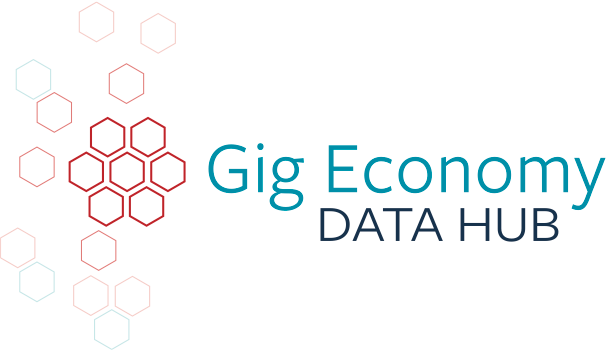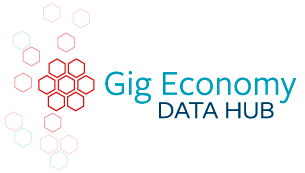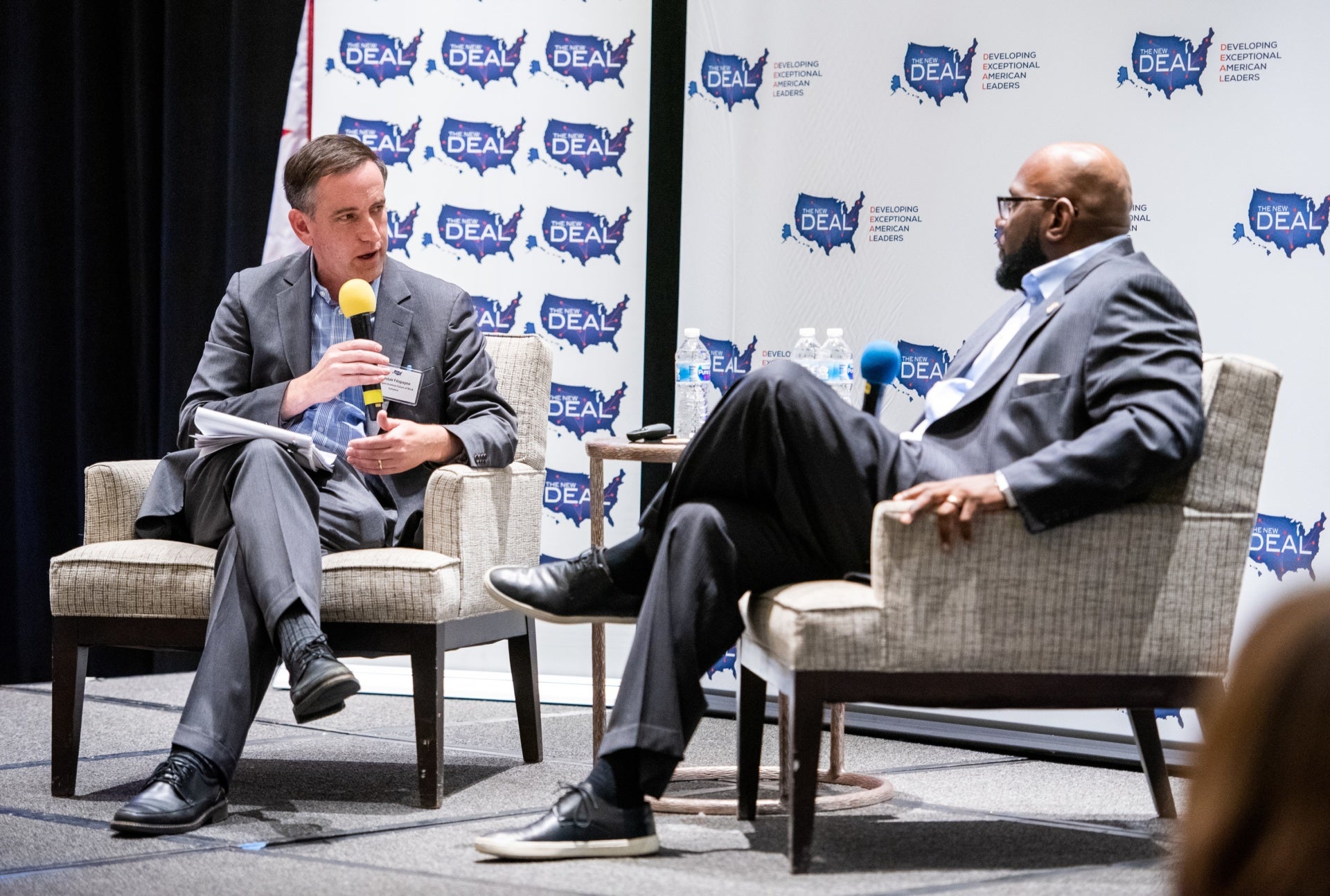Non-Traditional Work
Portable Benefits
Millions of workers today lack benefits that are essential to financial security. Portable benefits promise to address this problem, improve the lives of workers, and strengthen the American economy.
Our system of workplace benefits is outdated and inadequate
Benefits—including health care, retirement, workers’ compensation, and paid time off—are critical to household financial security. Through the 20th century, many U.S. workers received benefits coverage through their employers. This system evolved over time, a product of action, struggle, and compromise between government, business, and labor leaders. As globalization, technology, and short-term financial pressures have transformed the economy, workers have been left behind. New hiring practices, including subcontracted, temporary, and other non-traditional forms of work, have resulted in jobs that offer fewer or no benefits. Today, more than one in ten workers rely on these types of work for their primary income, and at least as many engage in it as a supplemental income source. The relationship between workers and their employers has fractured, and the benefits historically associated with work are often unavailable. People across industries and work arrangements have experienced a decline in employer-provided benefits—including health insurance and retirement—at the same time they face stagnant wages and increased economic insecurity. These changes have been felt acutely by non-traditional workers, including temps, subcontracted workers, and independent contractors, whose access to workplace benefits remains significantly lower than those in traditional, full-time employment. Given the instability inherent to much of their work, non-traditional workers have a great need for workplace benefits, yet some of the lowest rates of coverage. A new system of portable benefits could allow work to provide security and a pathway to economic mobility.
Portable benefits promise to bring essential benefits to more workers
As a complement to the employer-provided benefits system, portable benefits are suited to today’s economy, and promise to extend benefits to more workers. Effective portable benefits models share three main characteristics: they are portable, prorated, and universal. Portable benefits are connected to an individual, rather than a particular employer, and so they can be taken from job to job without interruption in coverage or loss of funding. Prorated benefits are those that are provided in proportion to work performed and can be funded from multiple sources. And universal benefits are accessible by all workers, regardless of work arrangement. Although they can take many forms, portable benefits share some key objectives:
- Improve individual and household financial security by creating a better system of benefits
- Create more equity between traditional and non-traditional workers
- Fuel a more dynamic labor market
The idea of portable benefits is not new. Rather, it builds on history and recent momentum. Social Security is an early example of a program that provides portable, prorated benefits that have become more universal over time with important eligibility reforms. The Affordable Care Act has demonstrated the value of making health coverage more portable. Particular industries, like construction and entertainment, have been providing benefits to a flexible and shifting workforce for decades. More recently, increasing numbers of policymakers across jurisdictions have expressed interest in and support for the idea.
Portable benefits make up one part of a comprehensive solution to address the insecurity facing workers in America. Other efforts, addressed alongside workplace benefits, are needed to sufficiently improve financial health and stability for non-traditional workers. Central among these are adequate pay, workplace protections against discrimination, worker organizing, and worker classification. As part of a comprehensive solution, portable benefits can bring financial security to workers in America and renew the promise of work for the 21st century.


















